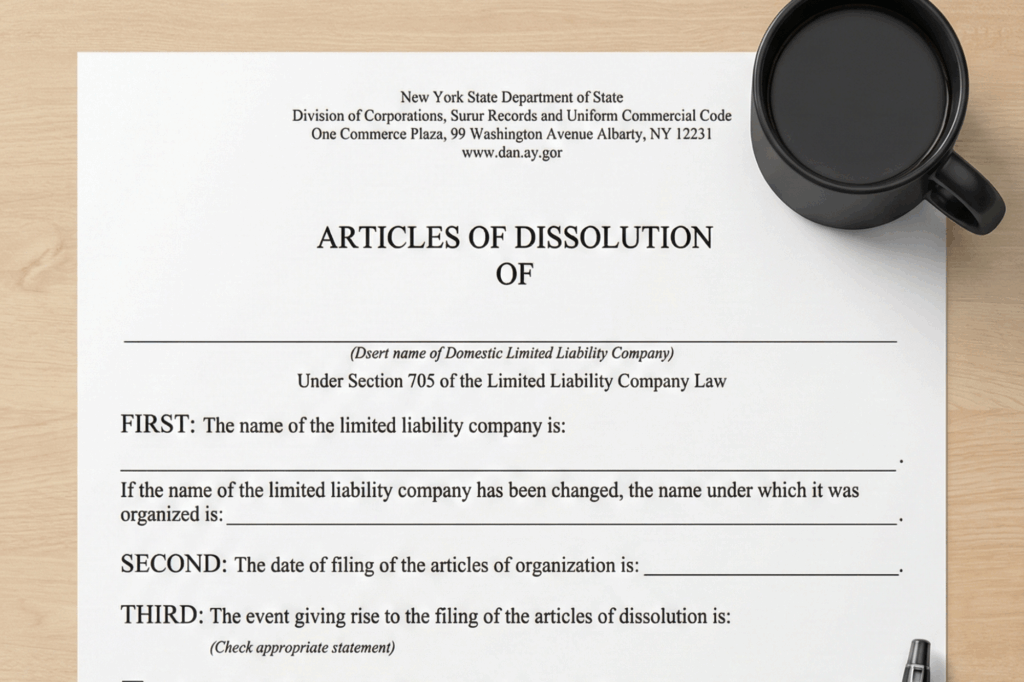Forming a company is an exciting journey that involves several critical decisions. One of the first and most important steps in the incorporation process is choosing the right name for your corporation. This name will serve as your full legal entity name, impacting both legal and business realms. Below, we’ll guide you through the necessary steps to avoid any future disputes regarding your entity name.
Steps to Choose a Corporation Name
1. Start with Clemta
Begin your incorporation journey by visiting Clemta.com. The website provides a seamless process to help you establish your business entity.
2. Get Started
Click the Get Started button on Clemta.com to kick off the process.
3. Fill in Business Details
Create an account and fill in the required business details. This step is crucial as it helps tailor the incorporation process to your specific needs.
4. Name Check Process
Clemta will handle the necessary name check process to ensure your chosen name is available and complies with legal requirements.
5. Successful Incorporation
With everything in place, your business will be successfully incorporated. Congratulations!
Understanding Entity Endings
Depending on your company type, your legal entity name will vary with the entity ending or ‘suffix’ (e.g., ‘INC.’, ‘CORP.’, ‘CO.’). You have the flexibility to choose the relevant ending for your company, as long as it complies with your company type and legal requirements. It’s important to note that the U.S. legal system restricts certain words in entity naming, such as ‘bank’, or terms associated with religion or illegality. Additionally, decide whether to include a period after your entity name suffix. While using a period, like ‘Inc.’ versus ‘Inc’, is mostly a matter of consistency, it must remain consistent once chosen.
Why Choose Clemta?
We’re excited to announce that Clemta.com provides comprehensive solutions for the entire name availability and incorporation process. With Clemta, you can incorporate your business as an LLC or C-Corp from anywhere in the world! For more details on how to incorporate your business through Clemta and understand the costs involved, visit our website or contact us at [email protected] or [email protected].
Importance of Conducting a Name Check
Even if you aren’t planning to incorporate immediately, conducting a proper name check is a critical first step in your entrepreneurship journey. To perform a quick and effective entity name check, visit the Delaware Division of Corporations name search tool. This tool provides real-time updates on the availability and similarities of your desired entity name, helping you avoid potential disputes.
Legal Compliance and Consultancy
Conducting a thorough name check and assessing its legal compliance is essential in your incorporation journey. Clemta offers complete consultancy services for both incorporation and post-incorporation needs. With Clemta, you can apply for incorporation within minutes! Visit our website to explore our services and choose what fits your needs with just one click. Clemta will manage the rest for you.







